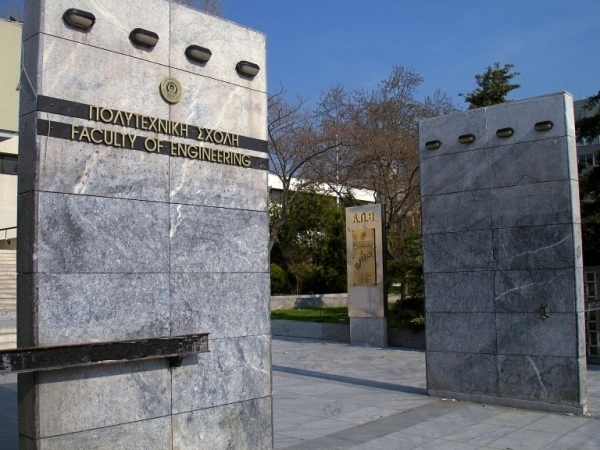https://www.auth.gr
Founded
1925Description
Named after the Greek philosopher Aristotle from whom it takes its name, The Aristotle University of Thessaloniki is the largest university in Greece, located in the ancient city of Thessaloniki, just 55km east of Aristotle’s birthplace, Stagira.
The university was founded in 1925 with a special emphasis on humanities. Its first department to be established was a Philosophy Faculty, which opened its doors in 1926 and was quickly followed by a mathematics and science faculty in 1927.
Over the years, the number of disciplines has grown, with the university now organised across twelve separate faculties, offering a large and diverse academic portfolio.
The university has a strong international reputation and boasts a longstanding association with the international exchange Erasmus Programme.
The institution is unique in offering courses in Modern Greek language and Greek culture to international students who wish to learn Greek as a language or study. Affiliated with the university is the Institute of Modern Greek Studies, which seeks to promote education through its publishing arm that produces books concerning Greek language, philology and literature.
Cultural activities offered to students at the university include an internationally-performing orchestra and abundance of clubs and societies. ‘Student Week’ s a cultural event organised annually on campus, which, despite its name, usually lasts for up to a month involves dance, music, theatre, cinema, sports and literature. The events is not limited to students and all citizens of Thessaloniki can attend.
The university’s main campus is in the centre of the city and covers an area of over 33 hectares, with some educational and administrative facilities located off campus and outside of Thessaloniki.
Its facilities include a university farm, a wildlife museum, a botanic garden, a centre for Byzantine Research, a seismological station and a meteorological station on Mount Olympus, the highest mountain in Greece.
Specific details
Location
University Campus, Thessaloniki , 54124, Central Macedonia, Greece


